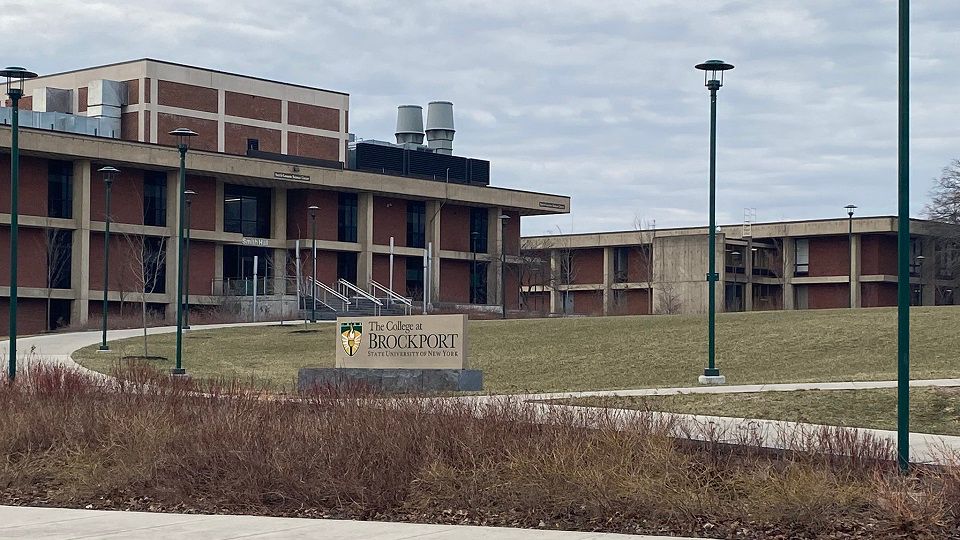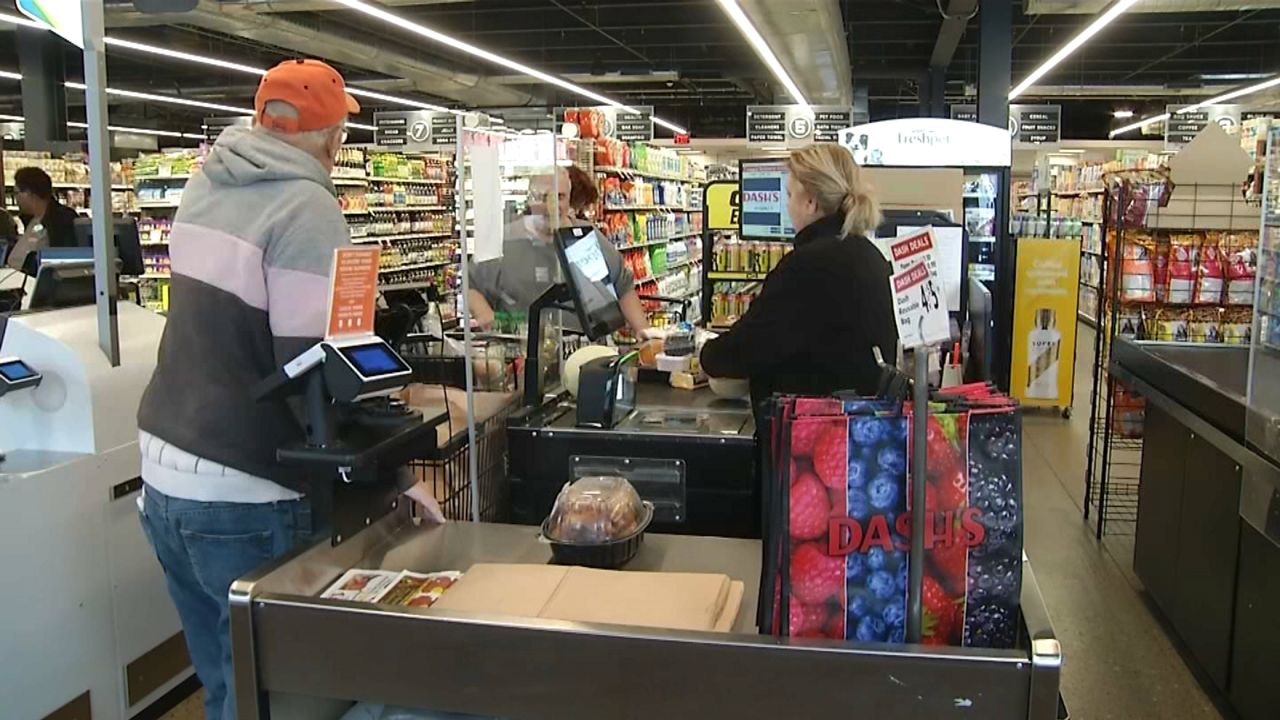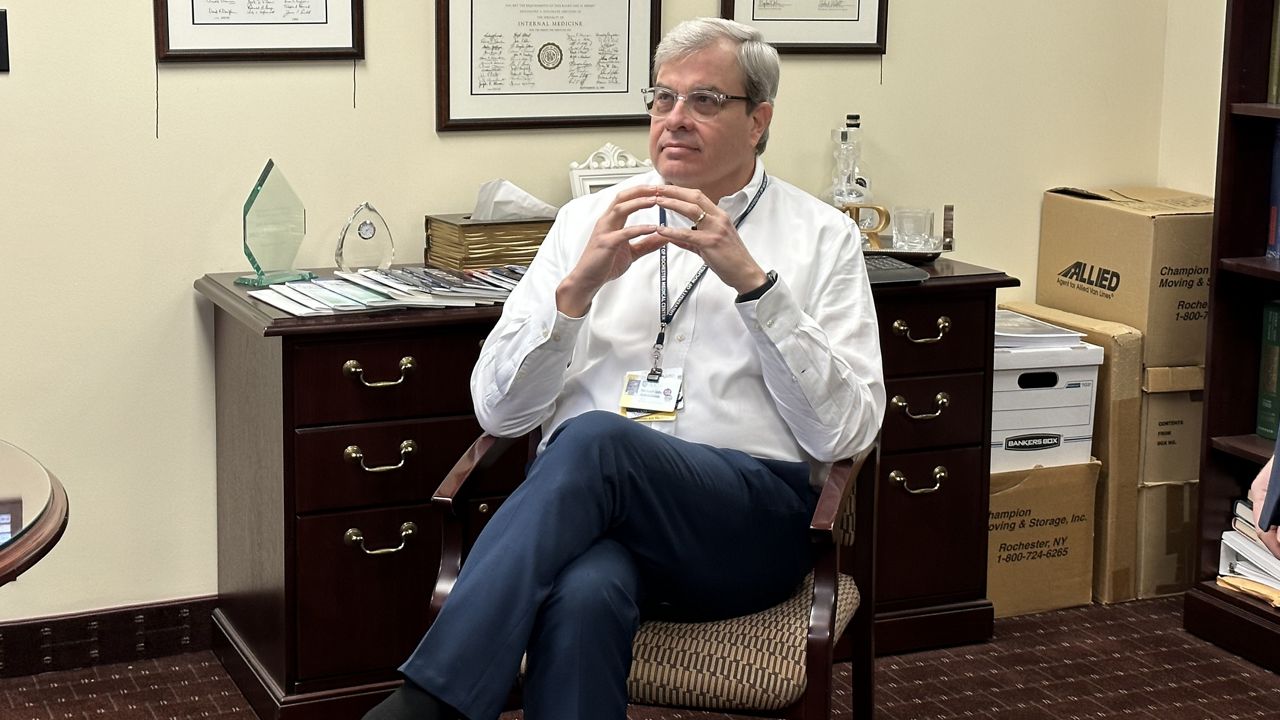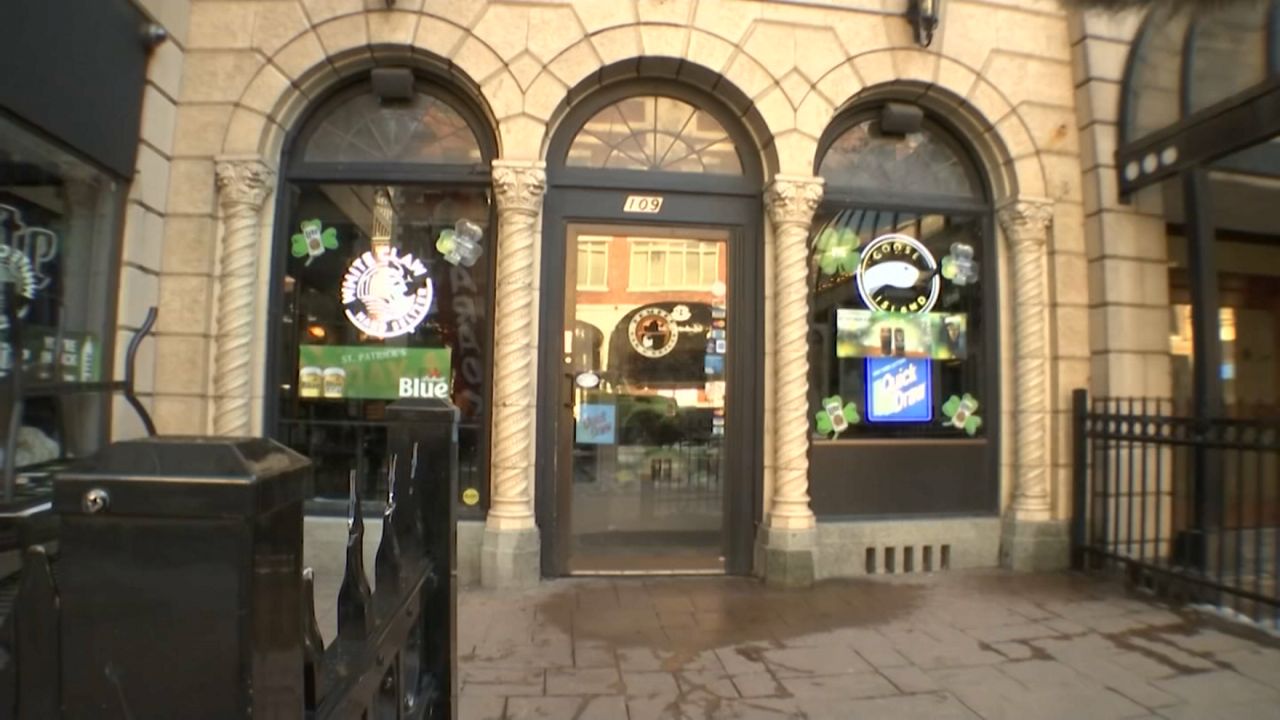The coronavirus pandemic has created much more than just a public health crisis as tens of millions of Americans remain out of work. A Rochester-area congressman has introduced legislation that could help in the recovery from both.
What You Need To Know
- Rep. Joe Morelle (D-Irondequoit) says the $100 billion bill, known as the Jons to Fight COVID-19 Act, would create up to 1 million jobs
- Unemployed folks would be trained to work as COVID-19 contact tracers
- Morelle acknowledges the contact tracer jobs won’t likely be permanent
Rep. Joe Morelle (D-Irondequoit) says the $100 billion bill, known as the Jons to Fight COVID-19 Act, would create up to 1 million jobs. Unemployed folks would be trained to work as COVID-19 contact tracers.
"What is of grave concern is not enough testing, not enough contract tracing," said Morelle. "If we're going to reopen safely, we're gonna have to make sure all of that is in abundant supply."
Dr. Michael Mendoza, Monroe County public health director, says contact tracers are heroes of the frontline. They are the people whose job it is to make sure those who’ve tested positive for COVID-19 stay quarantined, and to find out where they were and who they were with.
"I think most people are forthcoming. I’d say everybody needs a little guidance," said Mendoza. "It’s not natural to disclose to a stranger everywhere you’ve been, who you were with and what you’ve been doing for the last two weeks."
More than 100 contact tracers working in Monroe County alone have spoken with over 4,000 people who’ve tested positive for coronavirus, and more than 10,000 who they’d come in contact with after a positive test.
"You're investigating, you're talking to somebody, somebody who's scared and may have concerns may have a lot of fears," said Mendoza. "We're putting our contact tracers in that role."
Morelle acknowledges the contact tracer jobs won’t likely be permanent, but could help fill other needs in the health care field.
The bill has sponsors in the House and Senate. With the economy reopening and more people hanging out together, lawmakers say it’s part of a larger equation in getting back to normal.








